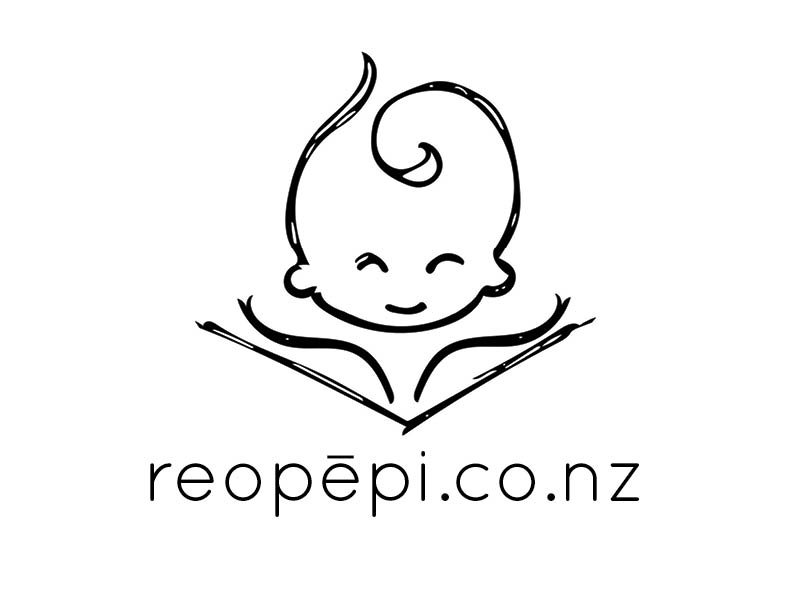Te kōhungahunga pūtake taiao, he ngakau hihiko
Nature based ECE. Vibrant and Vital!
Kirsten and I were honoured to be part of Te rito maioha-NZEC conference 2017. We would like to sincerely thank Te pūtahitanga Te Waipounamu for making it possible for Reo Pēpi to attend. The theme for this years gathering was Te kōhungahunga pūtake taiao, he ngakau hihiko-Nature based ECE. Vibrant and Vital!
First up we heard from Rangimarie Naida Glavish, who spoke on Mokopuna, Our Natural Born Teachers. A national taonga herself, Rangimarie explored with us the enormous opportunities available to enhance the wellbeing of all society through the nurture of our mokopuna as our taonga. Our leaders to be treasured by us all. She reminded us that when we call "Haere mai, haere mai, haere mai..." we repeat three times to acknowledge and invite te hinengaro, te tinana, te wairua-the mind, body and spirit. And that we should all consider these three aspects when working holistically with tamariki.
Respect and treasure tamariki. Āe marika!
The amazing MRI brain scan images from Louise Dorrat, showed us the extremely rapid growth of the human brain from 0-3 and relatively gradual growth from then on. We saw the vital importance of nurturing our youngest people in their early years!
Make sure those first three-five years are nurturing, stable and stimulating. Āe marika!
David Spraggs from the Gisborne Kindergarten Association shared his memories and learning from time he spent in the Forest Kindergartens of Europe and Scandinavia. His assurance that children are best educated naturally and outdoors was compelling. Research evidence shows children educated predominantly outdoors are better communicators with advanced intellectual and motor skills, fewer difficulties sitting still and concentrating, less aggression and fewer illnesses than their indoor educated peers!
Take tamariki into te taiao-the natural world as much as possible! Āe marika!
Mr. Spraggs also presented the research findings of Ken Rowe an Australian researcher in ECE who found that variances in educational performance are influenced by the following factors: 5.5% Building and resources, 35% social interactions with other children and a whopping 59% by the teachers! Even though we are in the business of providing education resources to educators...We can see that many of our ECE organisations may have reverse priorities in their budgets. As always that is a bit disturbing.
Pay teachers more? Āe marika!
Sandra Tuhakaraina presented on her research into sustaining kaiako use of Te Reo Māori in their practice post teacher education. Sandra is a 2nd language learner who earned her stripes first and foremost with Te Kōhanga Reo in the early 80's. She told us about the kaumātua who taught her then, how they would stand at the Kōhanga door every morning and karanga..."Haere mai, haere mai, haere mai..." inviting the mātua again and again to answer the call and bring their tamariki foward.
Sandra reminded us that Te Reo Māori is recognised as a protected taonga under te tiriti o waitangi and that all ECE kaiako have a responsibility to support tamariki to experience te reo as a living and valued language. Her research findings showed resoundingly the depth of feeling and understanding among kaiako of their role to uphold the treaty and present our children with rich and consistent experiences of te reo me ona tikanga Māori.
Throughout the hui we saw the love of te reo that was instilled in the kaiako Māori and Pākeha alike, everytime one of them stepped up to our display and smiled at our pukapuka. We recognised the depth of feeling the kaiako have for Te Reo Māori, Te Ao Māori in our exchanges with them. We were able to connect meaningfully with educators, we learnt about current ECE research and current best practice. We were inspired by whakaaro-ideas for the future face of education, for our tamariki and mokopuna.
Te reo me ona tikanga Māori are upheld and championed within NZ Early Childhood Education! Āe marika!


